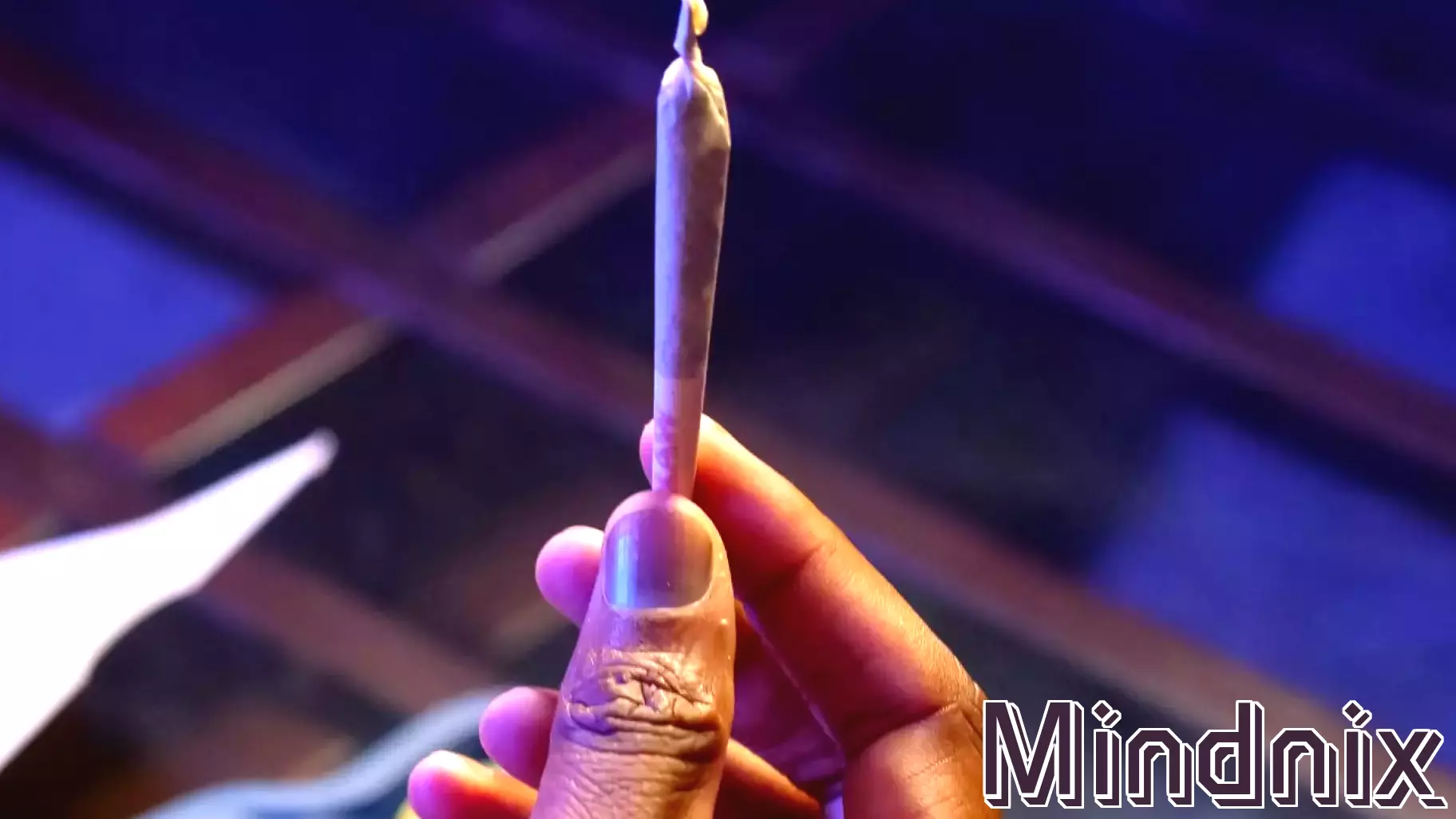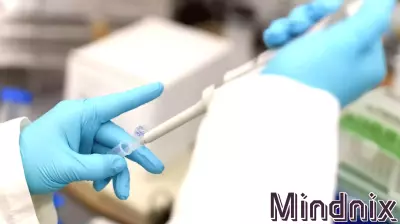January 15, 2025 - 23:18

Recent studies highlight the intricate dynamics between drug use and relationship status among LGBTQ+ individuals, revealing that sexual agreements and behavioral similarities play a significant role. For many within the LGBTQ+ community, the nature of their relationships can influence their substance use patterns in unexpected ways.
In particular, the existence of open relationships or non-monogamous arrangements often complicates the narrative. Partners may share similar social circles and lifestyles, which can lead to increased exposure to drug use. Additionally, the acceptance of certain behaviors within these agreements may inadvertently normalize substance consumption, further entrenching its presence in their social interactions.
Moreover, the emotional and psychological factors tied to relationship status cannot be overlooked. Individuals in stable relationships might experience lower levels of stress, potentially reducing their likelihood of substance use. Conversely, those in tumultuous or uncertain partnerships may turn to drugs as a coping mechanism.
Understanding these complexities is crucial for developing effective support systems and interventions tailored to the unique experiences of LGBTQ+ individuals.



